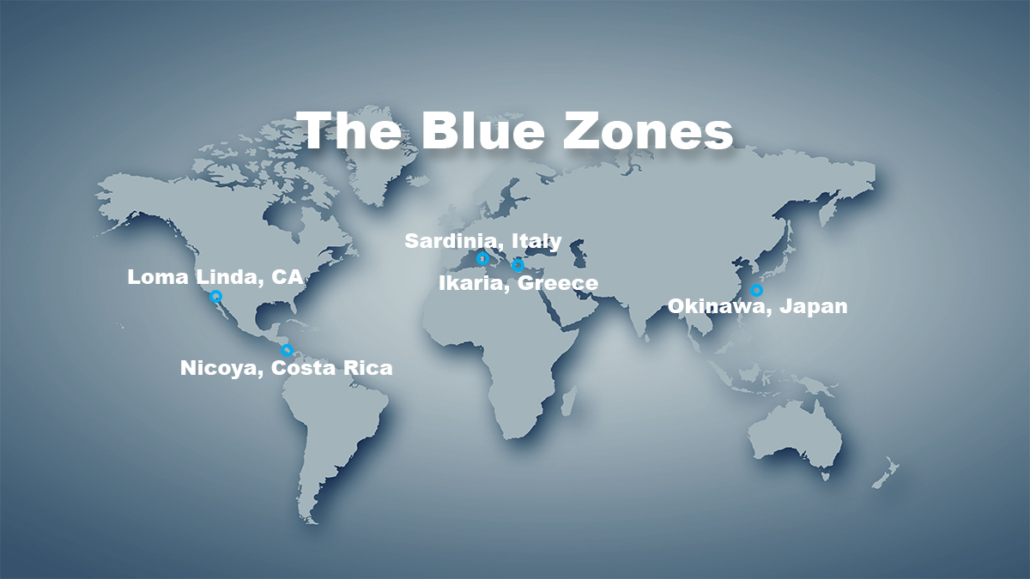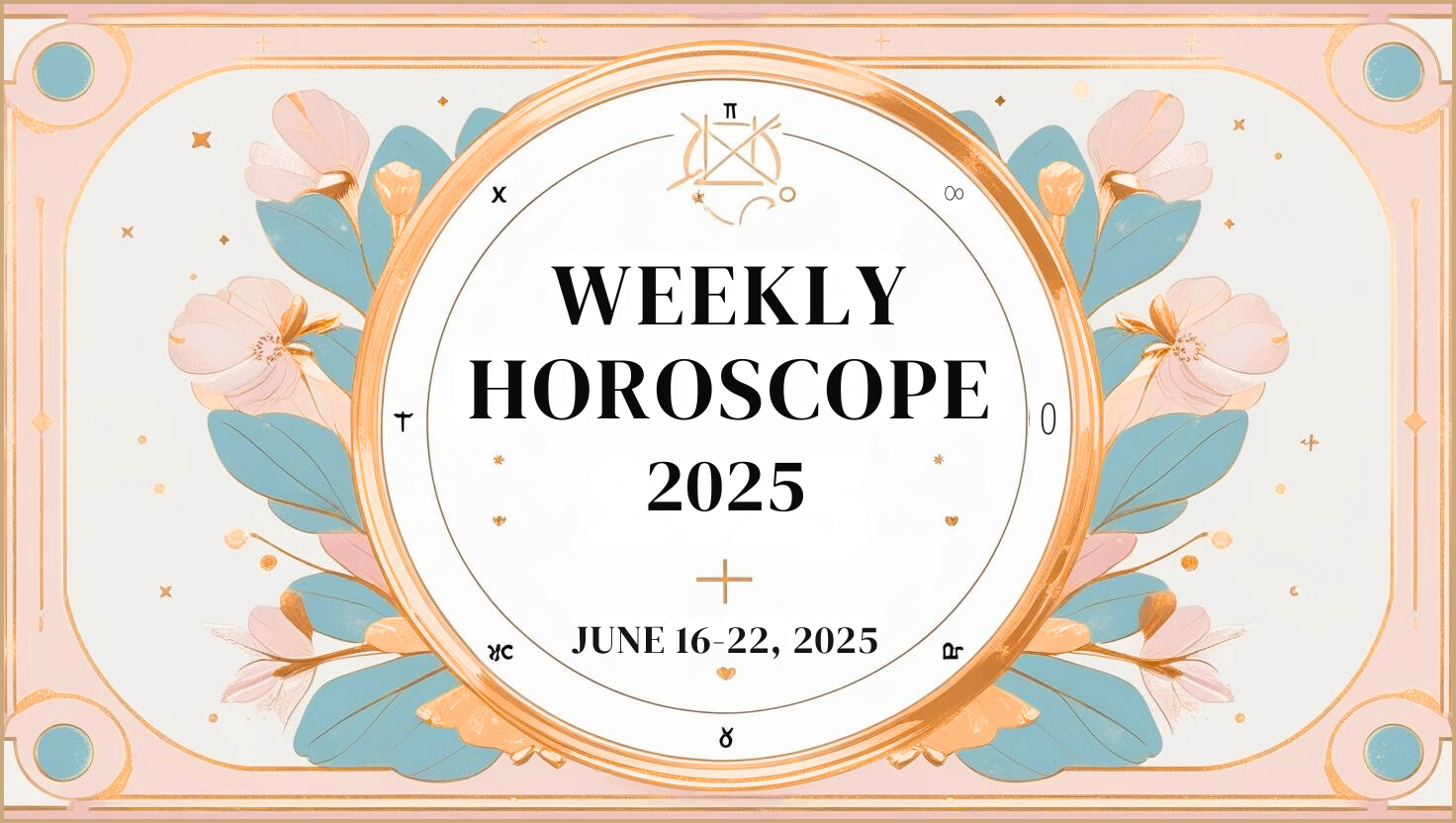Discover how to navigate AI Overwhelm Syndrome—a rising digital wellness concern. Learn practical strategies to stay grounded, mindful, and human in the age of artificial intelligence.
In an age where algorithms shape our daily choices and digital voices surround our every moment, many are beginning to experience AI Overwhelm Syndrome.
It is not a clinical diagnosis, but a rapidly growing phenomenon impacting mental clarity, emotional regulation, and human connection.
As AI tools become more advanced and omnipresent, staying grounded in our humanity has never been more urgent.
What is AI Overwhelm Syndrome?
AI Overwhelm Syndrome refers to the psychological and emotional fatigue experienced from excessive exposure to artificial intelligence systems and smart technologies.
From predictive search results and recommendation engines to AI-generated content and decision-making tools, people are feeling outpaced and emotionally displaced.

Key symptoms include:
- Cognitive fatigue from rapid information overload
- Emotional numbness or detachment from real-world experiences
- Increased anxiety around decision-making
- Confusion between synthetic and authentic human interactions
- Digital dependency and lack of time in nature or offline spaces
The Root Causes: Why Are We Feeling This Way?

Nonstop Digital Input: Our brains are constantly decoding AI-curated content, which shortens attention spans and heightens anxiety.
Choice Paralysis: AI tools offer so many options that it creates a paradox of choice, leading to indecisiveness and stress.
Hyper-Reactivity: Notifications, alerts, and smart responses condition us to react instantly, often robbing us of reflective thinking.
Disrupted Human Rhythm: AI doesn’t rest, but humans need to. This mismatch fuels burnout and identity fatigue.
5 Rules to Stay Human: Practical Solutions
- Mindful Tech Usage
Set boundaries with AI tools. Use screen limit apps, turn off non-essential notifications, and take digital detox breaks. Introduce AI-free zones in your home or workspace. - Reconnect with Nature
Nature is the ultimate antidote to artificial overwhelm. Engage in forest bathing, mindful walking, or simply sitting in a park without devices. - Practice Human-First Rituals
Start your day with journaling, deep breathing, or analog tasks like sketching, gardening, or cooking. These tactile practices bring back a sense of self. - Educate Yourself
Understanding how AI works can reduce fear. Read up on AI ethics, data privacy, and how algorithms influence choices. Awareness empowers. - Prioritize In-Person Interaction
Make time for face-to-face conversations. Eye contact, shared laughter, and human touch are irreplaceable experiences that AI can’t replicate.
Future Outlook: Embracing AI with Awareness
AI is not going away. But we can evolve with it mindfully. Digital wellness experts and psychologists are calling for the inclusion of “AI Literacy” in education, workplaces, and wellness spaces.
Learning how to coexist with technology without becoming it will define the next chapter of human well-being.
“The future of AI is not about replacing humans, it’s about augmenting human capabilities.” — Sundar Pichai
The antidote to AI Overwhelm isn’t anti-technology. It is pro-humanity. Stay informed, stay grounded, and above all, stay present.















